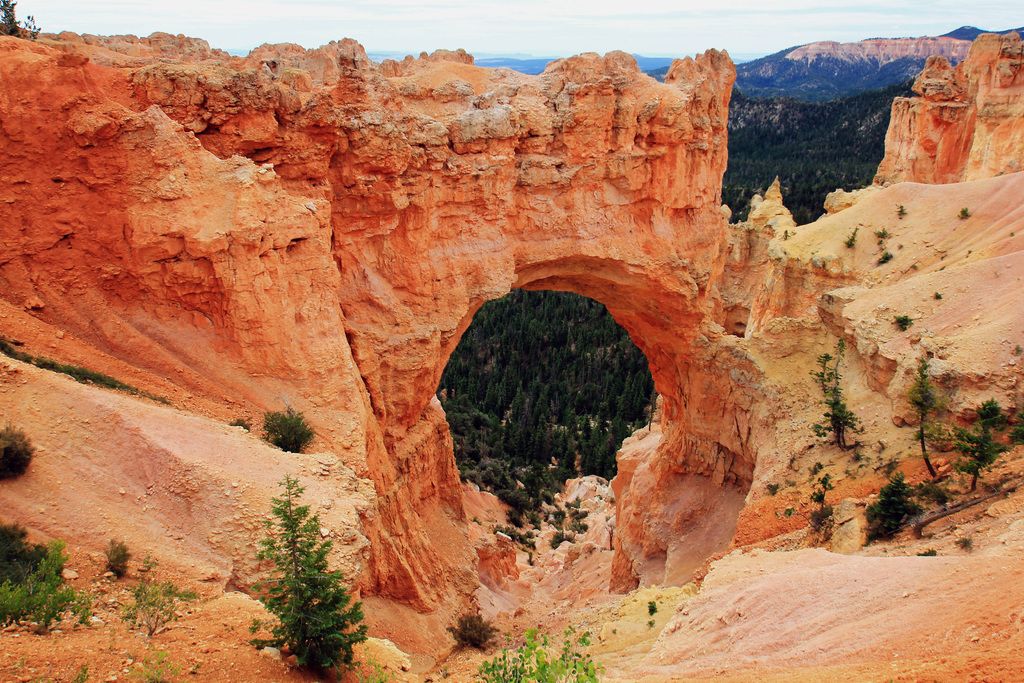Metro in Yekaterinburg: Preparing Kopylov for excavation pit
Updated Article:
Get ready for another construction gig in Krasnoyarск, this time focusing on the metrotramway's tunnel excavation. The main contractor is recruiting a firm to dig a demolition pit on ulitsa Kopylova—it'll host three tunneling machinery shields. Work is supposed to start in a month.
Construction prep for "Ulitsa Kopylova" station kicked off early March. The demolition pit on this station will be the deepest on the entire Krasnoyarsk metrotramway line (60 meters), and three Tunneling Boring Machines (TBMs) will meet in it:
one will form the second tunnel from the "Vysotnaya" station, while two others will advance from the railway station.
Let's remind ourselves, from "Vysotnaya" to "Ulitsa Kopylova," a tunnel over 3 kilometers long has already been laid, built during the first attempt to construct Krasnoyarsk's underground network back in the Soviet era. That's why the pit on Kopylova will be so deep: the metro builders need to match old excavations at deep levels with the new, shallower metro project.
Recently, the main contractor for the metrotramway, "Mosproekt-3," published a tender for "Completion of Construction and Installation Works for the Construction of Shielding Structures and Soil Excavation of the Demolition Pit at Ulitsa Kopylova."
The estimated initial cost of the work is over 965 million rubles.
For a hundred million or so, the contractor must complete the following tasks between July 18, 2025, and April 16, 2026:
- constructing shielding structures using drilling piles and reinforcement beams,
- excavating the pit's soil (this will be the longest phase), and
- constructing the load-bearing monolithic walls.
Currently, preparatory work is still ongoing on the site, as reported by "Mosproekt-3." Work is being done on three sites within the construction zone of the station. The project includes vertical site planning, construction of temporary roads, and providing a firm foundation for drilling operations, building a temporary workers' camp, relocating greenery, and rerouting city infrastructure.
After the relocation phase, work on the demolition pit should reportedly commence.
The start dates for the three TBMs that will enter the demolition pit on ulitsa Kopylova are still uncertain. "Mosproekt-3" calls the third quarter of 2025 for the start on both the Vysotnaya and railway station sides.
The exact dates will later be announced by subcontractors: the one excavating from the railway station will be "Bamtonnelstroi-Most," while the excavation from Vysotnaya will be undertaken by OOO "16-е Управление СиАрСиСи" — a subsidiary of the Chinese railway construction corporation China Railway Construction LTD (CRCC).
In addition to the tender for the demolition pit, the main contractor has recently started searching for a firm to handle ground freezing during the construction of the station's escalator tunnel.
The estimated cost for this work is slightly over 165 million rubles, and it must be completed between July 10, 2025, and October 19, 2026.
Note that a month ago in Nikolaevka, they began constructing a ventilation shaft to prepare for tunneling from the railway station to ulitsa Kopylova. Such structures are necessary during tunnel construction and for subsequent metro line operation.
For now, in the center of Krasnoyarск, the pit on Ploshchad Revolyutsii is still being prepared for the launch of TBM "Anastasia," heading towards the railway station—the machine components have arrived at the construction site and await assembly.
Featured Image Sources: "Mosproekt-3," DELA, CTTL
- In the realm of news, construction preparations for the Ulitsa Kopylova station began in early March, with the demolition pit being the deepest on the entire Krasnoyarsk metrotramway line.
- Another news worth mentioning is the recently published tender by the main contractor, Mosproekt-3, for the completion of construction and installation works for the construction of shielding structures and soil excavation of the demolition pit at Ulitsa Kopylova, with an estimated initial cost of over 965 million rubles.








